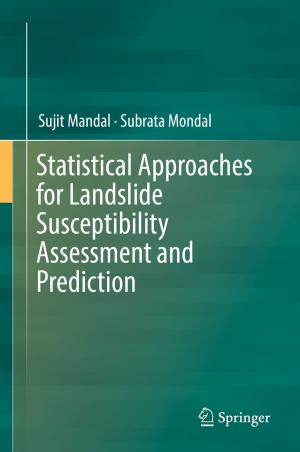The United Nations and the Politics of Selective Humanitarian Intervention
Nonfiction, Reference & Language, Law, International, Social & Cultural Studies, Political Science, International Relations| Author: | Martin Binder | ISBN: | 9783319423548 |
| Publisher: | Springer International Publishing | Publication: | December 23, 2016 |
| Imprint: | Palgrave Macmillan | Language: | English |
| Author: | Martin Binder |
| ISBN: | 9783319423548 |
| Publisher: | Springer International Publishing |
| Publication: | December 23, 2016 |
| Imprint: | Palgrave Macmillan |
| Language: | English |
This book offers the first book-length explanation of the UN’s politics of selective humanitarian intervention. Over the past 20 years the United Nations has imposed economic sanctions, deployed peacekeeping operations, and even conducted or authorized military intervention in Somalia, Bosnia, or Libya. Yet no such measures were taken in other similar cases such as Colombia, Myanmar, Darfur—or more recently—Syria. What factors account for the UN’s selective response to humanitarian crises and what are the mechanism that drive—or block—UN intervention decisions? By combining fuzzy-set analysis of the UN’s response to more than 30 humanitarian crises with in depth-case study analysis of UN (in)action in Bosnia and Darfur, as well as in the most recent crises in Côte d’Ivoire, Libya and Syria, this volume seeks to answer these questions.
This book offers the first book-length explanation of the UN’s politics of selective humanitarian intervention. Over the past 20 years the United Nations has imposed economic sanctions, deployed peacekeeping operations, and even conducted or authorized military intervention in Somalia, Bosnia, or Libya. Yet no such measures were taken in other similar cases such as Colombia, Myanmar, Darfur—or more recently—Syria. What factors account for the UN’s selective response to humanitarian crises and what are the mechanism that drive—or block—UN intervention decisions? By combining fuzzy-set analysis of the UN’s response to more than 30 humanitarian crises with in depth-case study analysis of UN (in)action in Bosnia and Darfur, as well as in the most recent crises in Côte d’Ivoire, Libya and Syria, this volume seeks to answer these questions.















